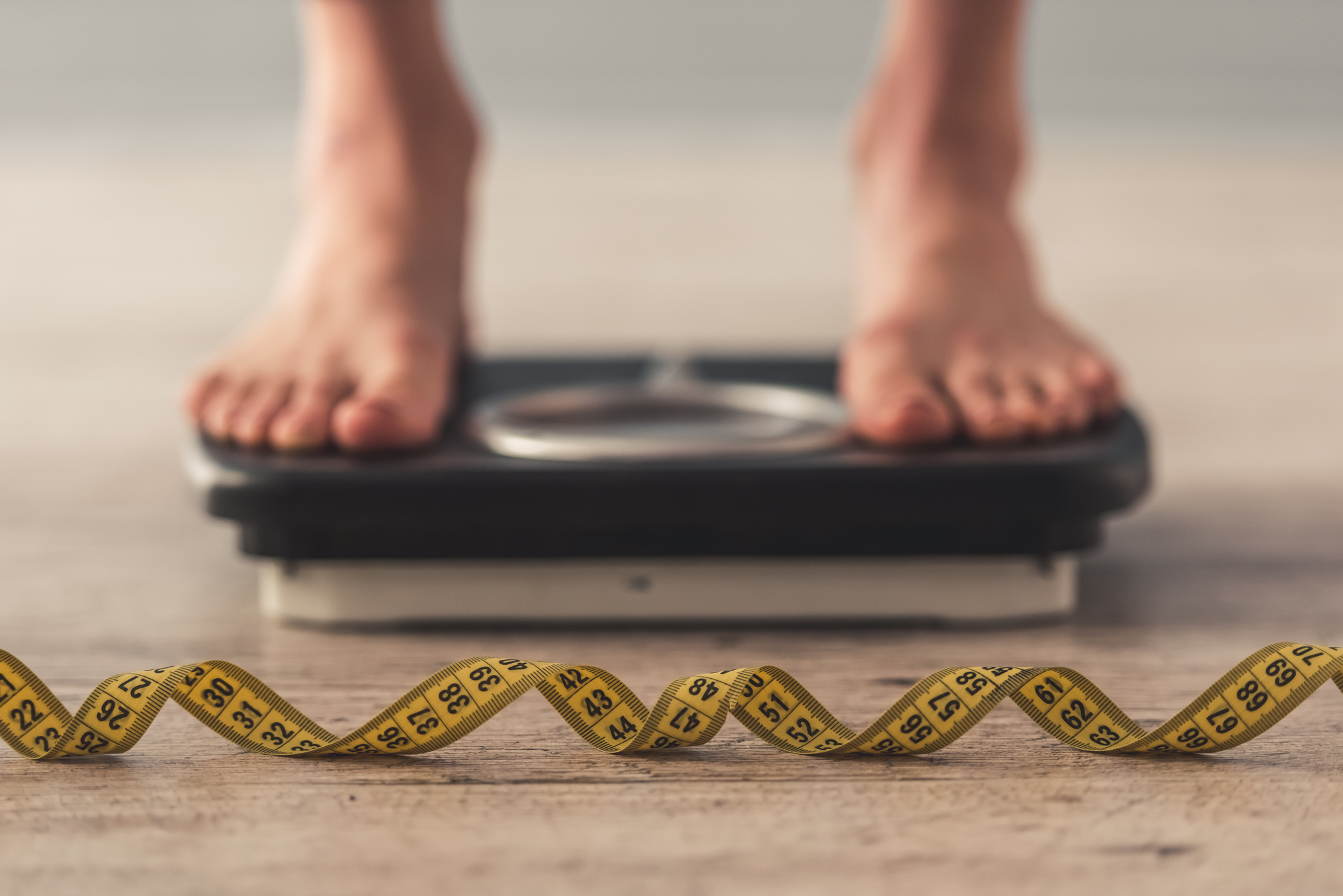There are plenty of weight loss programs available promising to help you lose weight and keep it off for good. But before you jump on board with the next gimmicky fat loss diet, stop and ask yourself these questions.
- Is it sustainable?
- Is it healthy?
- Would my doctor recommend this plan?
The reality is, few (if any) fad diets are sustainable, healthy and doctor-recommended. If you truly want to lose the weight for good, without the constant, vicious cycle of yo-yo dieting, try these tried and true fat loss tips.
Set S.M.A.R.T. goals.
Not all weight loss goals are healthy or helpful. Setting the right weight loss goal is the first, most important step to your long-term success. Set a goal that is specific, measurable, attainable, realistic and trackable. Within your larger end goal, set smaller benchmark goals, such as incorporating a fat loss workout like walking three miles into your daily routine.
Know what triggers you to eat.
Emotional eating due to stress, anxiety or sadness is often the underlying cause contributing to weight gain. Hormonal changes due to emotions can cause cravings that are difficult to control. Know your triggers and learn to recognize how your emotions might affect your eating habits. Practice mindful eating and find healthy ways to relieve your stress.
Eat to feel full.
Slow down. Take time to chew each bite. Your body needs about 15 minutes for the stomach to signal to your brain that you are full. Rushing through any meal often means you’ll overeat, leaving yourself feeling bloated and miserable. Eat foods that help you feel full, such as fruits and veggies that are high in fiber.
Drink water.
Not drinking enough water is one of the biggest weight loss mistakes people make. Aim to consume at least half your body weight in ounces of water each day. Doing so will give your metabolism a boost and help you feel full so you’ll be less likely to succumb to your cravings. Drinking water is also essential to help flush out the toxins that may be causing your body to hold water or extra fat.
Track your progress.
Keep track of how much you exercise and jot down what you eat throughout the day. If you hit a weight loss plateau, you can easily go back and see where you might need to make changes in your daily routine to help you get back on track. Take measurements to help track your progress when you don’t see changes on the scale.
Celebrate the milestones.
When you achieve a goal, celebrate it! Treat yourself to a massage, an afternoon off work, or a new pair of jogging shoes. Celebrating even the small milestones with small non-food rewards can help you stay motivated for the long haul.
Know when to ask for help.
Losing weight is never easy, and for some people, it can be downright difficult. Don’t get discouraged and believe the lie that change can’t happen. Instead, know when to reach out to help. Bariatric surgery is proven to help patients lose weight and keep it off for good. Choosing weight loss surgery is not taking the easy way out; there’s still work you’ll have to do to achieve success. Follow your doctor’s post-op plan for diet, exercise and support, and you’ll see the results you’ve been hoping for.
Could you use support from a physician to help you lose weight and improve your health? Contact the weight loss doctors at First Baptist Medical Center today to learn more about how you can achieve long-term weight loss success.





